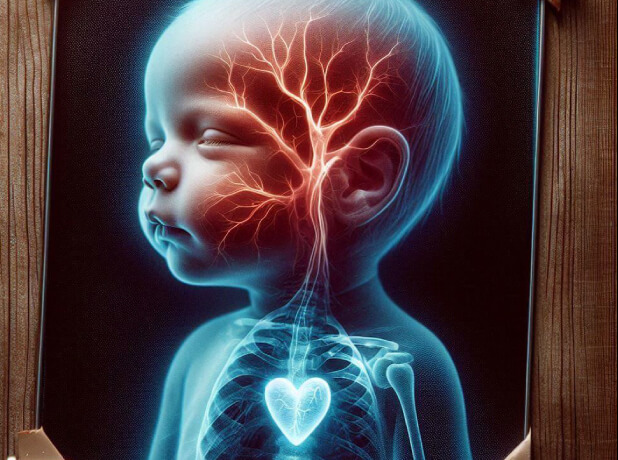
Abstract
Objective: A standardized multifaceted approach to follow-up is crucial for monitoring neurodevelopment in neonates who undergo extracorporeal membrane oxygenation (ECMO). The Pittsburgh Index for Pre-ECMO Risk (PIPER+) score, which predicts the probability of hospital mortality, may help predict adverse neurodevelopmental outcomes. This study sought to assess the neurodevelopment of neonates who were treated with ECMO in our newly developed ECMO program, by analyzing Bayley Scales of Infant Development (BSID) scores obtained at the Neonatal Comprehensive Care Program (NCCP), our neurodevelopmental follow-up clinic, through two years of age. It also aimed to determine whether neurodevelopmental outcomes in our study population were correlated to PIPER+ score, magnetic resonance imaging (MRI), or video electroencephalography (vEEG) findings.
Study design: We conducted a retrospective chart review of neonatal patients placed on ECMO at our institution between March 2015 and June 2023 who had at least one follow-up visit at the NCCP clinic. The relationships between neurodevelopmental outcomes, quantified by the BSID score, PIPER + score, MRI results, and vEEG abnormalities were analyzed.
Results: A total of 18 patients met the inclusion criteria. There was a significant negative correlation (p<0.05) between PIPER+ and BSID scores at 12 months across all developmental domains analyzed. However, this correlation was no longer significant at 24 months. The odds of the combined outcome of mortality or neurodevelopmental impairment at two years of age increased by 17% for each 1% increase in the PIPER+ score.
Conclusions: Higher PIPER+ scores were associated with higher mortality in our population; they also correlated with worse neurodevelopmental outcomes at 12 months, but not at 24 months. It is important and feasible to follow neonates who underwent ECMO using a neurodevelopmental follow-up clinic.
